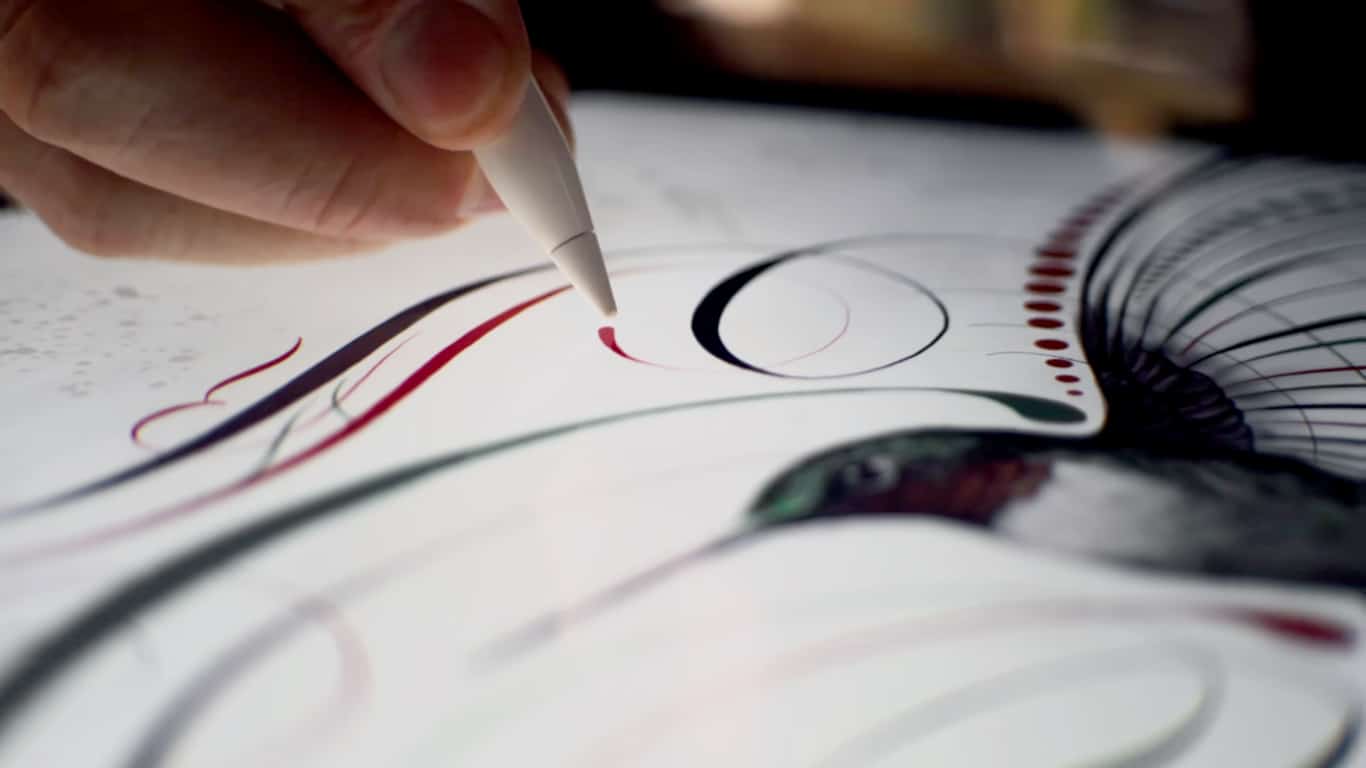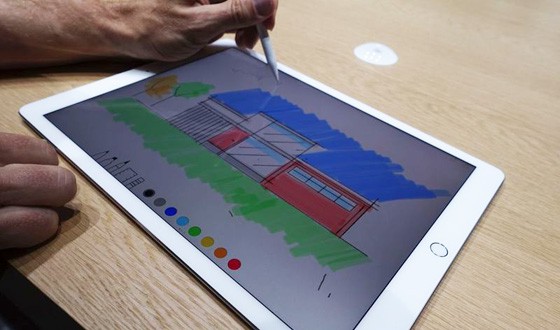Here’s Why Apple Made The Stylus That Steve Jobs Hated
Share

When Apple marketing chief Phil Schiller announced that the company’s stylus for new iPad Pro would be called Pencil, the crowd audibly laughed in unison.
On the surface, it was because it played into the stereotype that Apple lays claim to everyday inspirations.
But on a deeper level it traces back to former CEO Steve Jobs, who famously said in 2007 at the initial iPhone reveal, “Who wants a stylus? You have to get em’, put em’ away. You lose them. Yuck.”
Yet it turns out that eight years later, some people do want a stylus — and they’ve improved substantially alongside the devices with which they’re used.
Still, the online snark was immediate. “Apple just announced a product that Steve Jobs famously hated,” wrote Business Insider.
ABC compiled the internet’s best reactions to the product reveal including a rather clever stab from Grand Slam supplier Denny’s, which announced its “Toothpick” product alongside the tagline, “your teeth, performing at full potential.”
What’s missing from the reactions is the obvious acknowledgment that Jobs was not only talking about using a stylus with an entirely different product — the 3.5-inch iPhone 1 — but he was referring to both styluses and screens that have been blown out of the water by newer technology.
That first iPhone was one of the first smartphones to use a capacitive touchscreen, and arguably popularized them.
It was the first time many people had seen multitouch gestures like pinch-to-zoom, and capacitive touch allowed Apple to use high-quality layers of glass to increase touch sensitivity and bump up the brightness and clarity of the display.
It was a huge improvement over so-called resistive touchscreens found in earlier smartphones.
The proliferation of capacitive tech in the years that followed helped kill off personal data assistants, relegate the old-school BlackBerry to niche markets, and usher in a consistent set of interactions across basically all mobile platforms.
CAPACITIVE TOUCHSCREENS CHANGED THE GAME
The resistive-capacitive divide gets to the types of styluses Jobs was talking about when he summed them up with “yuck.”
Styluses prior to the adoption of capacitive touch were meant to make up for the rudimentary capabilities of resistive touchscreens.
You couldn’t use your finger well enough on a Palm Treo 700p back in 2006 because its screen was garbage.
The stylus was meant to help you maneuver quickly through the interface, whereupon you would use the physical keyboard to bang out an email.
Eight years later, these types of styluses are more commonly found attached to the bottom of Nintendo’s3DS.
Apple knows that capacitive allows for better finger input; it’s why Jobs tossed the idea of a stylus for the iPhone to the wayside in the first place.
But the iPad Pro, for which the $99 Pencil stylus was designed, is not a small rectangle that fits in our pockets.
It’s a 12.9-inch sheet of glass designed to be used in many different ways, from playing games and watching movies to writing documents and taking notes with the attachable keyboard.
And then there’s drawing: Steve Jobs didn’t envision the iPhone 1 being a viable tool for graphic designers and illustrators, people who’ve long used pro-grade products from companies like Wacom.
But now, the Pencil is an option for those who want to use the iPad Pro as if it were a sheet a paper and the stylus as if it were — wait for it — a real pencil.
Apple has designed the pen so that it has little to no latency.
It can draw thicker lines with applied pressure and orient its toolset to whether you’re tilting the pen, for shading, or dragging it along the surface to draw lines or form letters.
These selling points make it clear that the Pencil is not designed to help you clean out your inbox.
[block_quote quote = ‘1|0’]Pencil’s selling points make it clear: this is not for email.” [/block_quote]
Still, Apple will always face accusations of playing catch-up.
After all, Samsung has repopularized the stylus with its ultra-large Galaxy Note smartphone line for years, while Microsoft has been adamant about including a pen with its Surface line of 2-in-1 devices.
In fact, it was Samsung’s insistence on larger phone screens, and the public’s desire for those screens, that led Apple to release the 4.7-inch iPhone 6 and 5.5-inch iPhone 6 Plus last year.
The truth is that Apple has long been known to sit on obvious market trends — larger phones, smaller tablets, smartwatches, and super-large tablets — until the moment feels right to capitalize on them.
The same appears true for a laptop-sized tablet that would require a $99 stylus, but only if you want it and feel like you really need it.
If not, you can use your fingers.
It’s what Steve Jobs would have wanted.
Source: The Verge









